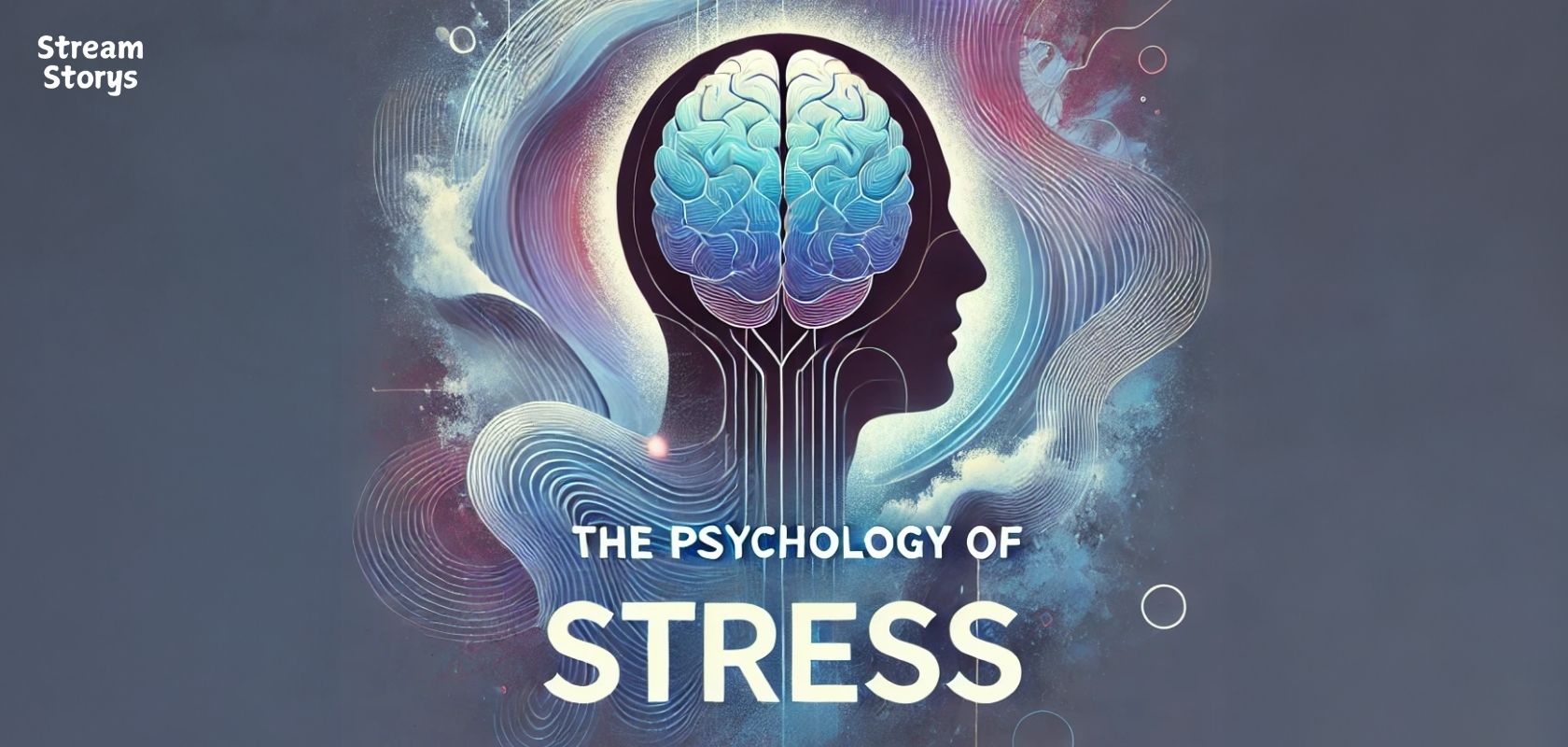
Stress
Stress is something we all feel from time to time, whether it’s from work, school, or personal challenges. A little bit of stress can actually be helpful, like when it pushes you to get things done. But too much stress can cause problems for both your body and your mind.
When you’re stressed, your body goes into “fight or flight” mode. This is a natural response to danger, but when you’re constantly stressed, it can lead to issues. You might notice that your heart beats faster, your muscles get tense, or your breathing becomes shallow. Stress can also weaken your immune system, making it harder for your body to fight off illness. It can even keep you up at night, making it tough to get enough sleep.
Stress doesn’t just affect your body—it can mess with your mind, too. When you’re stressed, you might feel more anxious or worried about things that normally wouldn’t bother you. It can also make it harder to focus, and you might feel overwhelmed, like everything is piling up all at once. Stress can bring out negative emotions like sadness or anger, and it can be tough to stay calm.
So, how do you deal with stress? It’s important to have some strategies in place to help you manage it. Taking deep breaths can help you relax and reduce tension. Physical activity is another great way to release stress and boost your mood. Sometimes just talking to a friend or family member about what’s going on can make you feel better and less alone. Getting enough sleep is key to recharging your body and mind, and taking short breaks when you feel overwhelmed can help you feel more focused.
Mindfulness is a technique where you pay attention to the present moment without judging it. It can really help calm your mind and reduce stress. Doing things you enjoy, like watching a funny movie or spending time with people you care about, can also lower stress levels. Staying organized and breaking down big tasks into smaller steps can make it easier to handle everything without feeling overwhelmed.
If stress becomes a regular part of your life, it’s important to make long-term changes to manage it better. Time management is a great tool—planning your day and setting priorities can help prevent stress from piling up. Healthy habits like eating well, exercising, and getting enough rest are also essential. It’s helpful to focus on the positive things in your life and challenge any negative thoughts that make stress worse. And relaxation techniques like meditation, yoga, or even just listening to calming music can make a big difference over time.
In the end, stress is a normal part of life, but too much of it can take a toll on your health. By understanding how stress affects you and using some of these strategies, you can feel better and handle stress more easily. It’s okay to feel stressed sometimes, but learning how to manage it can help you stay healthier and happier.
Credits
Posters : Photoshop, Meta AI, Canva. Designed by Jessi Hemanth